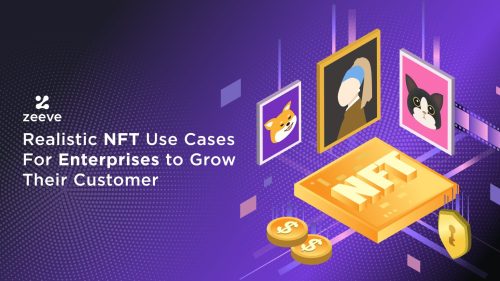The Issue: How To Treat Blockchain-Secured Records, Signatures, Smart Contract Terms As “Electronic Signatures” – [In U.S., Congress Needs To Lead]
Bc technology can maintain accurate chains of title to securities and other legal instruments in a reliable electronic form. As private industries begin to recognize the cost-saving and risk-reducing potential of this technology, state legislatures are responding.
One of the issues in treating blockchain-secured documents as “electronic signatures” under the Uniform Electronic Transactions Act (UETA). is that is by doing this, it may create conflicts with the federal Electronic Signatures in Global and National Commerce Act (ESIGN). The best solution according to the author of the essay “Blockchain’s Big Hurdle” is that Congress should follow the State of Arizona’s lead by AMENDING ESIGN to explicitly define blockchain-secured records and signatures as “electronic signatures” that are entitled to legal effect.
By enacting ESIGN, Congress by default will encourage explosive growth in global e-commerce. By adopting bipartisan blockchain legislation, it can enable pioneers to harness blockchain’s world-changing potential today – including monumental changes in the real estate sector where title records, buyer/seller signatures and smart contracts will eventually be necessarily employed.
Here is the link to the complete Stanford Law Review Essay cited above. – JDM
John Dean Markunas is a Blockchain advisor and consultant with a focus on the real estate industry. John is the Leader of GBA’s Leader Land Titling Group which is exploring blockchain technologies to address land titling and insurance use cases around the world. The group studies solutions deployed in other countries to identify opportunities to implement solutions globally.






Responses